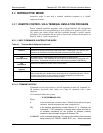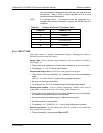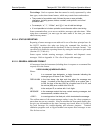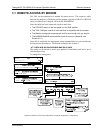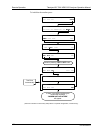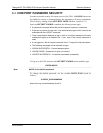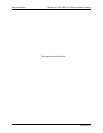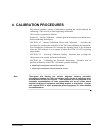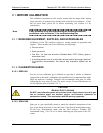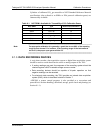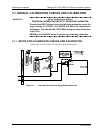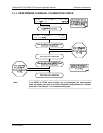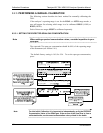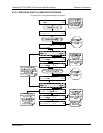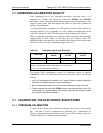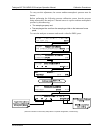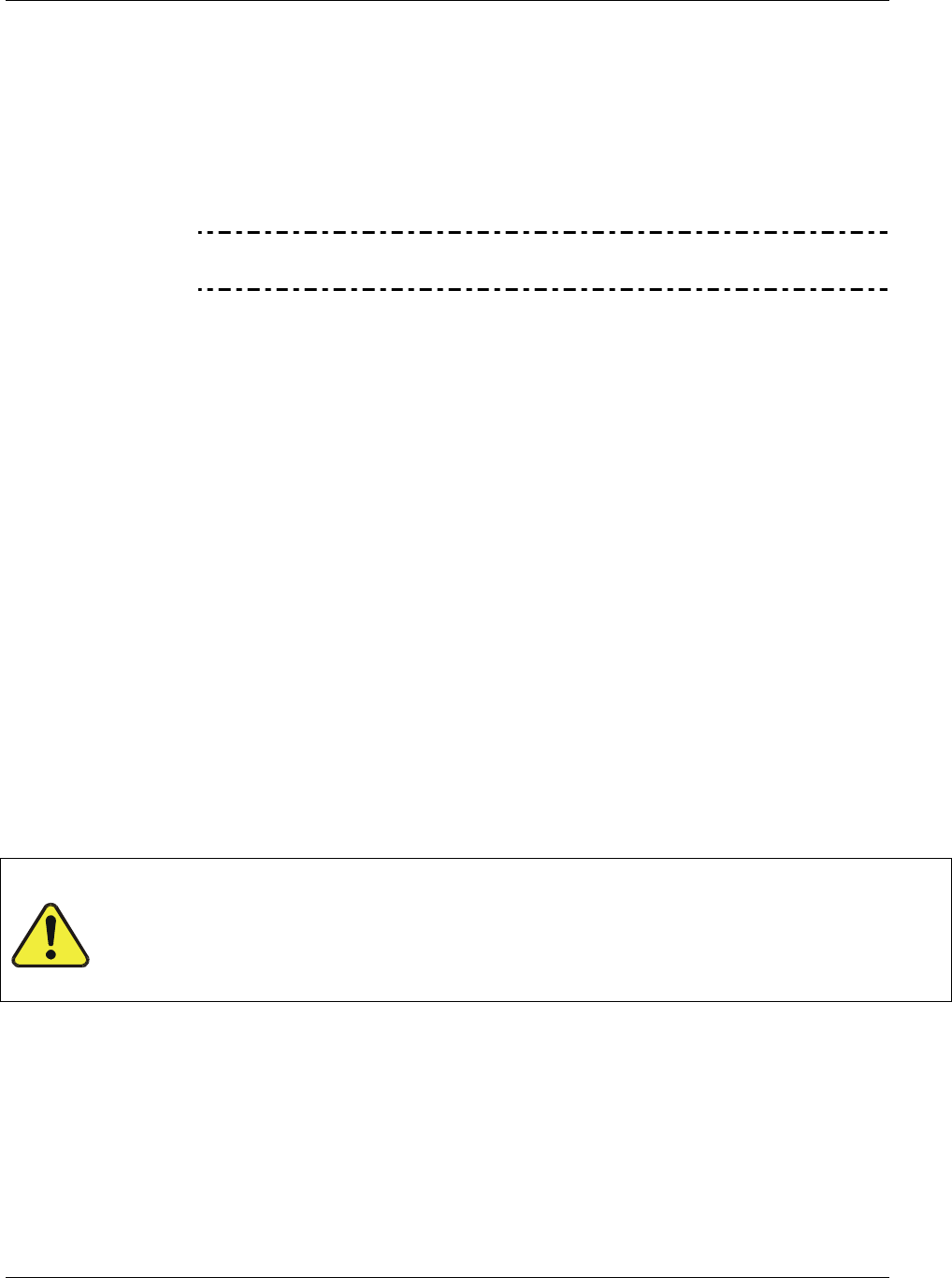
Calibration Procedures Teledyne API T801 NDIR CO2 Analyzer Operation Manual
160
9.1. BEFORE CALIBRATION
The calibration procedures in this section assume that the range mode, analog
range and units of measure have already been selected for the analyzer. If this
has not been done, please do so before continuing (see Section 5.4 for
instructions).
Note If an
y problems occur while performing the following calibration
procedures, refer to Section 11 for troubleshooting tips.
9.1.1. REQUIRED EQUIPMENT, SUPPLIES, AND EXPENDABLES
Calibration of the T801 analyzer requires a certain amount of equipment and
supplies. These include, but are not limited to, the following:
Zero-air source.
Span gas source.
Gas lines - All Gas lines should be Stainless Steel, PTFE (Teflon), glass or
electroless nickel.
A recording device such as a strip-chart recorder and/or data logger (optional).
For electronic documentation, the internal data acquisition system can be
used.
9.1.2. CALIBRATION GASES
9.1.2.1. ZERO AIR
Zero air or zero calibration gas is defined as a gas that is similar in chemical
composition to the earth’s atmosphere but scrubbed of all components that might
affect the analyzer’s readings. Teledyne API recommends using pure N
2
when
calibrating the zero point of your CO
2
sensor except if known interferents are
involved (please refer to Section 3.3.2.1).
CAUTION
GENERAL SAFETY HAZARD
DO NOT vent calibration gases into enclosed areas. Rapid release of pure N
2
gas
into an enclosed space can displace oxygen, and therefore represents an
asphyxiation hazard. This may happen with few warning symptoms.
9.1.2.2. SPAN GAS
Span gas is a gas specifically mixed to match the chemical composition of the
type of gas being measured at near full scale of the desired measurement range.
In this case, measurements made with the T801 analyzer, Teledyne API
recommends using 16% CO
2
in N
2
when calibrating the span point of the CO
2
sensor.
07274B DCN6418



